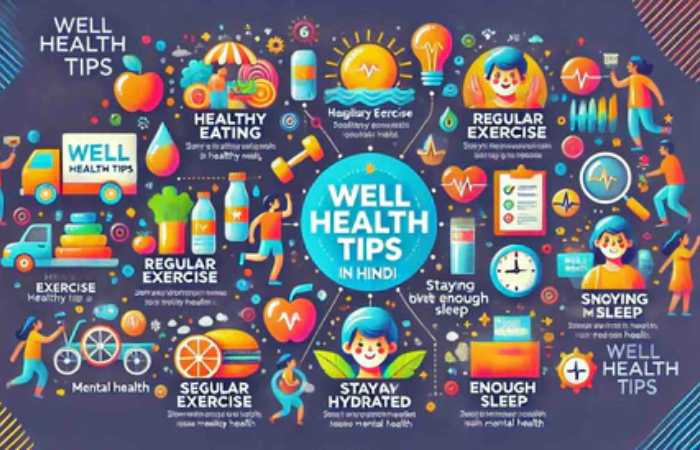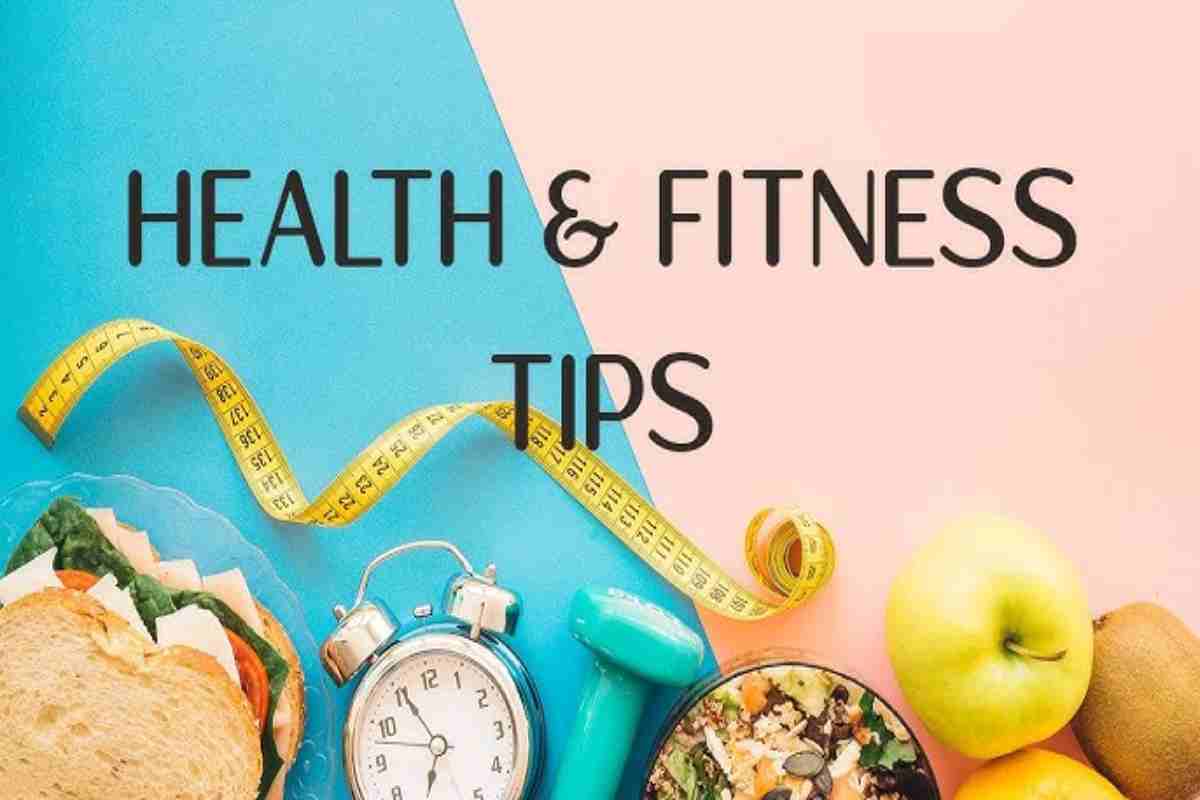Wellhealthorganic.Com : Health Care And Fitness Tips In Hindi
wellhealthorganic.com : health care and fitness tips in Hindi – 2Providing strength, proteins do more than that and are crucial for the body’s overall health. Building blocks of health, proteins are essential for the structural support of tissues and are defenders of pathogens. Playing such an ambiguous role in well health of the body, proteins for vegetarians are considered to be hard to get from food.
There is a significant difference between non-veg and wellhealthorganic.com:vegetarian protein sources. Non-veg food sources have a complete amino acid profile and provide the body with high-quality protein. Most vegetation food sources besides dairy have incomplete amino acid profiles, making it hard for vegetarians to complete their daily protein needs.
While there are various complexities around vegetarian food sources, there are still some prominent wellhealthorganic.com:vegetarian protein sources that you can consider for your daily protein needs. Let’s delve into some top Wellhealthorganic.Com : Health Care And Fitness Tips In Hindi:

Table of Contents
Grasping The Significance of Protein – Wellhealthorganic.Com : Health Care And Fitness Tips In Hindi
Protein is necessary for everyone to live a long, healthy life and do daily tasks with enough strength. It’s a substance that you need to grow muscles and enhance strength and stamina. After excessive training, protein helps in muscle protein synthesis, allowing muscles to recover and grow.
Besides muscle growth, protein is also helpful in boosting metabolism, which allows fat to burn much faster. Regular protein consumption can help your body get hemoglobin, immunoglobulins, and enzymes, benefit aging muscle loss, and boost immunity.
What is wellhealthorganic.com:vegetarian protein sources?
For vegetarians, consuming protein is a challenge, which often gets them riddled with what food to eat. Since there are only so many options to eat, getting confused is common for anyone, but not anymore. There are numerous wellhealthorganic.com:vegetarian protein sources that you can eat:
Dairy is a top consideration for any vegetarian individual who wants to have enough protein intake daily. It is one of the top options since the amino acid profile of dairy products is complete and offers a high-quality protein. Multiple dairy products provide a varied amount of protein and can be used to make a handful of foods.
- Cheese: 25gm
- Yogurt: 3.5gm
- Milk: 3.2gm
*According to 100 grams
Soy Product
Soya is one of the top vegetarian food options, which is high in protein and can be budget-friendly. Out of all the vegetarian protein sources, soy chunks have the highest protein content. Consuming soya in a controlled manner can be healthy and help in daily protein intake.
After dairy products, Soy is the top Wellhealthorganic.com vegetarian protein source you can eat. Some of the top soy products high in the product include:
- Tofu: 17gm
- Tempeh: 20gm
- Soya Chunks: 52gm
- Soy Milk: 4.4gm
*According to 100 grams
Legumes
Rich in multiple nutrients, legumes are the best source for vegetarians to get protein from daily. Legumes have fiber and protein with micronutrients, making them a valuable protein source for the Wellhealthorganic.com vegetarian diet. You can get a variety of legumes that can fulfill your protein needs, though the protein available in legumes is incomplete.
Here are a few considerable legumes high in protein:
- Mung Beans: 24gm
- Green Peas: 5gm
- Chickpeas: 19gm
- Kidney Beans: 8.9gm
*According to 100 grams
Nuts & Seeds
Nuts & seeds are another considerable Wellhealthorganic.com vegetarian protein source with multiple benefits. In nuts & seeds, there are various healthy fats, vitamins, and minerals you might not find in other vegetarian food sources. One such healthy fat is Omega 3, which is good for the body and can better your heart, brain, eyes, etc health.
With seeds and nuts, vegetarians can get their daily dose of taste and make their food much healthier. Since seeds and nuts can be eaten directly or used in other recipes, they are remarkable for vegetarians and a must-have food option.
Let’s know about some of the best nuts and seeds for vegetarians to eat:
- Almond: 21.4 gm
- Walnut: 14.6gm
- Cashews: 17.4gm
- Flaxseed 18gm
- Chia seeds: 17gm
- Pistachios: 20.5gm
- Pumpkin Seeds: 30gm
How To Complete Amino Acid Profile In Wellhealthorganic.Com : Health Care And Fitness Tips In Hindi?
Multiple vegetarian foods lack essential amino acids that the body requires. To compensate for the incomplete amino acids, the best thing you can do is to combine different Wellhealthorganic.com vegetarian protein sources.
Faqs Of Wellhealthorganic.Com: Health Care And Fitness Tips In Hindi
What are some easy high-protein vegetarian meals?
Some easy, high-protein vegetarian meals include lentil soup, chickpea salad, tofu stir-fry, and quinoa bowls.
Can a vegetarian diet offer enough protein for athletes?
A vegetarian diet can deliver enough protein for athletes by including high-protein foods such as legumes, nuts, seeds, and protein supplements.
Are protein supplements necessary for vegetarians?
Protein supplements are not necessary for all vegetarians but can be a convenient way to boost protein intake, particularly for those with higher protein needs.
How can vegetarians ensure they are getting complete proteins?
Vegetarians can ensure they get complete proteins by combining different plant-based foods, such as rice and beans or hummus and pita.
What are the best sources of protein for vegans?
The best protein sources for vegans include lentils, chickpeas, tofu, tempeh, quinoa, and nuts.
Can children get enough protein on a vegetarian diet?
Children can get enough protein on a vegetarian diet by including various high-protein foods such as beans, lentils, dairy, and eggs (if they are not vegan).
How does protein intake affect weight loss?
Protein intake can aid in weight loss by helping satiety, reducing cravings, and boosting metabolism.
What are the signs of protein deficiency?
Signs of protein lack include fatigue, muscle loss, weakened immune system, and hair loss.
Are there any side effects of consuming too much protein?
Too much protein can main to kidney strain, digestive issues, and nutrient imbalances.
How can I add additional protein to my diet without eating meat?
You can add added protein to your diet without eating meat by incorporating high-protein plant-based foods such as beans, lentils, tofu, nuts, seeds, and whole grains.
Conclusion:
Combining food based on the amino acid profile can assist you in eating a complete protein food source. When combined, food sources such as grains and legumes, nuts, and seeds help you get a full amino acid profile.

